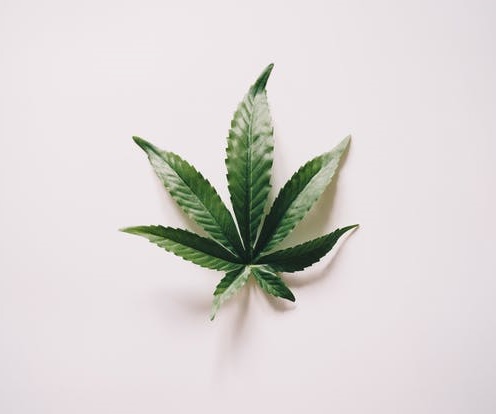Marijuana Can Cause Strokes, Especially in Young Adults

Marijuana Can Cause Strokes, Especially in Young Adults
To date, 18 states and the District of Columbia have legalized recreational cannabis use with even more having already legalized medical marijuana. Since states have become more open to coming on board with recreational use, the drug has been labeled largely as natural and safe despite the damaging effects it can have on the mind and the body. There have been several studies as of late that have revealed the negative effects of use, including the risk of strokes.New research being presented at the 2022 International Stroke Conference (ISC) held online out of New Orleans and online February 9 to 11, for example, shows that use can lead to a stroke should the user have a stroke history or be predisposed with certain physical symptoms and/or lifestyle choices. Physical risk factors include high blood pressure, diabetes, and issues with blood vessels or circulation, including atherosclerosis.
 Photo by Alesia Kozik from Pexels
Photo by Alesia Kozik from Pexels
Sources:
Marijuana Use Among Teens, Young Adults Could Increase SuicidalityDoes Using Marijuana Affect a Person's Risk of Stroke?Chronic Marijuana Use Linked to Recurrent Stroke
About Sara E. Teller
Sara is a credited freelance writer, editor, contributor, and essayist, as well as a novelist and poet with nearly twenty years of experience. A seasoned publishing professional, she's worked for newspapers, magazines and book publishers in content digitization, editorial, acquisitions and intellectual property. Sara has been an invited speaker at a Careers in Publishing & Authorship event at Michigan State University and a Reading and Writing Instructor at Sylvan Learning Center. She has an MBA degree with a concentration in Marketing and an MA in Clinical Mental Health Counseling, graduating with a 4.2/4.0 GPA. She is also a member of Chi Sigma Iota and a 2020 recipient of the Donald D. Davis scholarship recognizing social responsibility. Sara is certified in children's book writing, HTML coding and social media marketing. Her fifth book, PTSD: Healing from the Inside Out, was released in September 2019 and is available on Amazon. You can find her others books there, too, including Narcissistic Abuse: A Survival Guide, released in December 2017.
